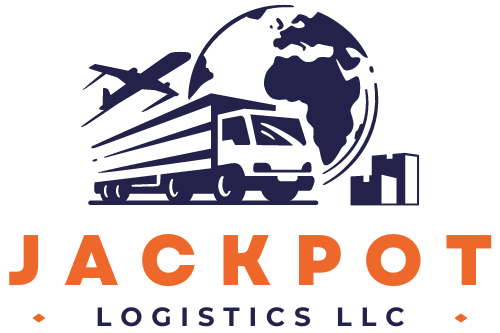In today’s competitive landscape, a well-oiled supply chain is the backbone of a successful business. But managing complex logistics in-house can be a time-consuming and resource-intensive endeavor. This is where partnering with a reliable and efficient logistics provider becomes a game-changer. Choosing the right logistics partner can unlock a world of benefits – reduced costs, improved efficiency, faster delivery times, and ultimately, a happier customer base. However, navigating the sea of potential partners can be overwhelming. This comprehensive guide equips you with the knowledge and tools to make a well-informed decision when selecting the perfect logistics partner for your business.
Understanding Your Business Needs: The Foundation for Success
Before embarking on your search, a crucial first step is a thorough understanding of your own logistics needs. Ask yourself key questions:
- What types of products do you sell? Are they fragile, perishable, or bulky? Specific product requirements might necessitate temperature-controlled storage or specialized handling equipment.
- What is your typical order volume? Do you experience seasonal fluctuations or expect significant growth in the near future? A partner’s scalability is vital to accommodate your evolving needs.
- What is your target market? Are you shipping domestically or internationally? International shipping requires expertise in customs clearance and navigating complex regulations.
- What services are essential for your operations? Do you need warehousing, transportation management, fulfillment services, or a combination of these?
By outlining your specific needs and identifying any potential challenges, you can begin searching for a logistics partner that perfectly complements your business model.
Key Factors to Consider: Finding the Perfect Match
With a clear understanding of your requirements, you can delve into evaluating potential partners. Here are the critical factors to consider:
- Expertise and Industry Experience: Look for a partner with a proven track record in your industry. They should have a deep understanding of the specific challenges and regulations associated with your products and target market. Experience translates to efficiency, as your partner can seamlessly integrate into your supply chain without requiring extensive onboarding or adjustments.
- Service Offerings: Ensure the logistics provider offers a comprehensive suite of services that align with your needs. Do you require warehousing, transportation management (including various modes of transport like air, sea, or land), international shipping expertise, or fulfillment services like picking, packing, and shipping directly to customers? A one-stop shop can streamline your operations and simplify communication.
- Scalability and Growth: The ideal partner should be able to grow alongside your business. Consider their infrastructure and capacity to handle increased order volumes, expand into new markets, or adapt to your evolving needs. A scalable partner allows you to focus on growth strategies without worrying about logistics limitations.
- Technology and Infrastructure: Modern logistics heavily rely on technology. Evaluate the potential partner’s technology infrastructure, including warehouse management systems (WMS), transportation management systems (TMS), and real-time tracking capabilities. Robust technology ensures efficient operations, transparent communication throughout the supply chain, and greater control over your inventory.
- Cost and Value: While cost is an important factor, it shouldn’t be the sole deciding element. Focus on the overall value proposition. Consider factors like hidden fees, insurance coverage, service reliability, and the partner’s commitment to communication. The cheapest option might not necessarily translate to long-term cost savings or efficient service.
Beyond the Basics: Building a Strong Partnership
Selecting the right logistics partner is just the first step. Building a strong and collaborative relationship is crucial for long-term success. Here are a few tips to foster open communication and a mutually beneficial partnership:
- Open Communication: Regularly communicate your needs and expectations with your partner. Provide them with updates regarding your sales forecasts and any potential changes in order volume.
- Performance Monitoring: Establish key performance indicators (KPIs) to track performance and identify areas for improvement. Schedule regular meetings to discuss these metrics and collaborate on optimization strategies.
- Flexibility and Adaptation: The business landscape is constantly evolving. Be open to adapting your processes and collaborating with your partner to navigate any unexpected challenges or market shifts.
- Technology Integration: Ensure seamless integration between your systems and your partner’s technology infrastructure. This facilitates real-time data exchange and optimizes overall supply chain visibility.
By following these strategies, you can transform your logistics partner from a service provider into a valued business partner, working collaboratively to achieve your business goals.
